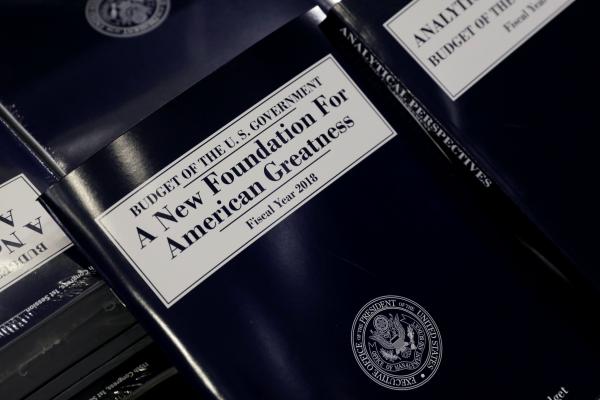Jun 20, 2017
We will be making this joint statement under the banner of the Circle of Protection, a broad coalition of leaders from all the families of U.S. Christianity that was founded in 2011 in service of the biblical mandate to protect poor and vulnerable people. While individual members of the Circle have raised their voices in opposition to harmful budget cuts and legislation that the Trump administration and Congress have proposed — notably many of us came together for a powerful prayerful event outside the Capitol Building in late March for just such a purpose —this will be the first time that the entire Circle is making such a joint statement.
Read the Full Article

Already a subscriber? Login
